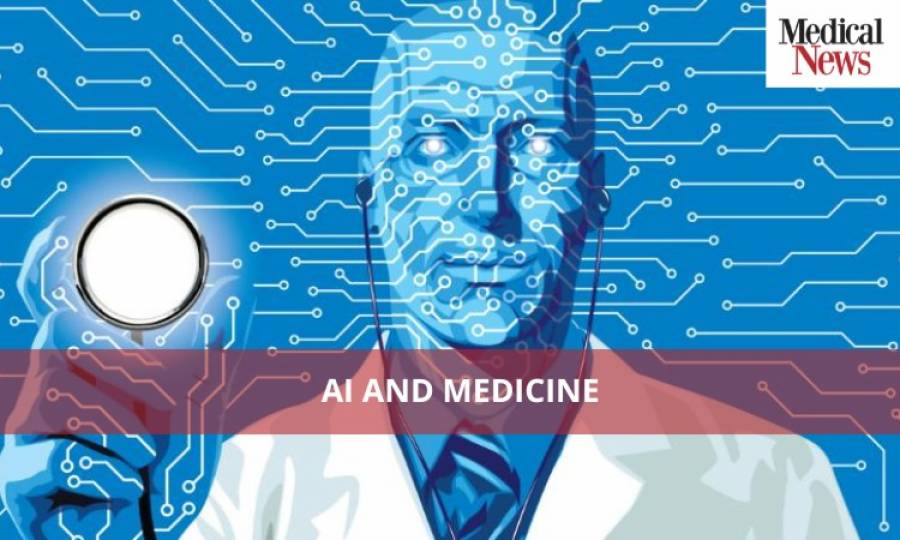AI and Medicine

A risk, actuarial sciences, and legal studies professor from Temple University Fox School of Business, Samuel Hodge Jr., had his legal review article “The Medical and Legal Implications of Artificial Intelligence in Health Care – An Area of Unsettled Law” published in the Richmond Journal of Law & Technology. It describes the impact of artificial intelligence (AI) on modern medicine and how it brings about significant legal concerns.
In the modern world, AI has become a part of our daily lives. We use multiple versions of it like Google Maps for directions, virtual personal assistants like Alexa and Siri, and facial recognition software utilized by law enforcement agencies. Just like them, AI is bringing about massive changes in medicine.
The article mentions how AI is used in medical settings by professionals nationwide. It continues to spread daily and is leaving several unanswered legal questions in its wake. Hodge questions liability issues concerned with using such software for diagnoses and treatment plans. The question that needs answering is who will be to blame if something goes wrong.
However, the article emphasizes that AI has massive potential for productive use in medicine. Annually, between 210,000 and 400,000 deaths occur which have been attributed to medical errors. In such cases, AI proves fruitful and helps lower associated death rates.
Currently, some form of AI is being used in practice by about 86% of healthcare professionals. Hodge is certain this number will only increase as AI is apt for such settings. There are human limitations concerning doctors, and it is impossible to keep up with all the new medical advancements. Alternatively, AI-based systems may be programmed to have the most up-to-date information and answer a doctor's queries promptly. It is also beneficial in solving the issue of the shortage of doctors in the nation.
As AI progresses further, numerous questions will arise- patients may be sceptical about diagnoses made by computers and willing to pay less for them too. Also, computers cannot show empathy to patients- something they look for in times of difficulty. Many legal questions regarding artificial intelligence in medicine will need to be answered by the courts in the upcoming years, however, it will take time to fully address them.
Trending
Popular
Sindh pledges vigorous action to prevent poliovirus transmission
-
PMA stresses health equity on World ...
04:08 PM, 9 Apr, 2024 -
Dow University’s new rabies vaccine ...
12:18 PM, 28 Mar, 2024 -
IRD role lauded in advancing ...
02:53 PM, 12 Mar, 2024 -
Over one billion people worldwide ...
09:48 AM, 5 Mar, 2024




